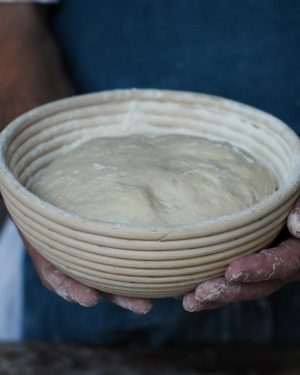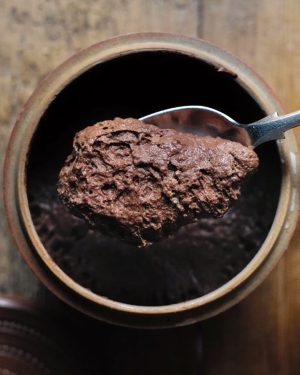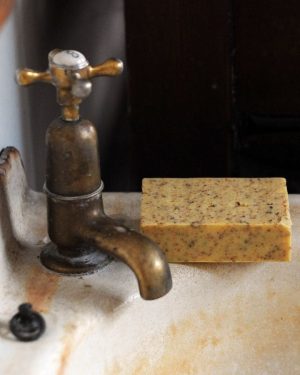Artisan bread starts with artisan ingredients. Honest ingredients that have been grown and harvested with respect for both the people and the earth. The flour has to be organic, the water chlorine free and the yeast has to be sourdough, and so it follows that the salt has to be similarly harvested with principles that are in synergy with our own. Salt making was, up until the industrial revolution, an artisanal craft. Much like bread making salt is also an artisan product that has been industrialised, so we use a hand-harvested salt in our bread.
Unrefined salt specifically for sourdough
Natural salt contains all of its trace minerals and other elements that are naturally a part of its origin. Our salt is not exposed to chemicals and does not contain anti-caking agents.
Salt does more than improve flavour of bread. It intensifies it. It reduces bitterness in food and enhances the sweetness and provides balance. It aids in gluten development in bread making and acts as natural preservative, and amazingly, it does all of this without adding any calories. The salt at Halen Môn is considered to be some of the very best in the world, and after visiting the saltworks and lots of research we have a sourdough school salt from Halon Mon that is in its most natural state, unrinsed; but why?
Unrinsed the Halen Môn sea salt is particularly rich in micro minerals including zinc, potassium & iodine. It also contains higher levels of certain minerals than rinsed salt, including Magnesium Sulphate (MgSO4), which studies indicate helps to support sourdough leavening by increasing yeast flocculation.
There are also increased levels of Calcium Sulphate (CaSO4) & Calcium Carbonate (CaSO3) which also support both the yeast and lactic acid bacteria, by reacting with the organic acids produced during fermentation, so acting as natural dough conditioner.
We recommend that salt is used at 2% (10g of salt per 500g of flour).
Nutritionally
There is evidence that increased consumption of processed food, modern horticulture methods such as hydroponics and use chemical fertilisers, longer food storage times and long-distance transport, all contributed to a reduction if nutritional value of the foods we eat, including the minerals. Sea salt contains many trace minerals that are essential to human health, and is a simple effect way to put back in to our daily diets those missing essential micronutrients.




